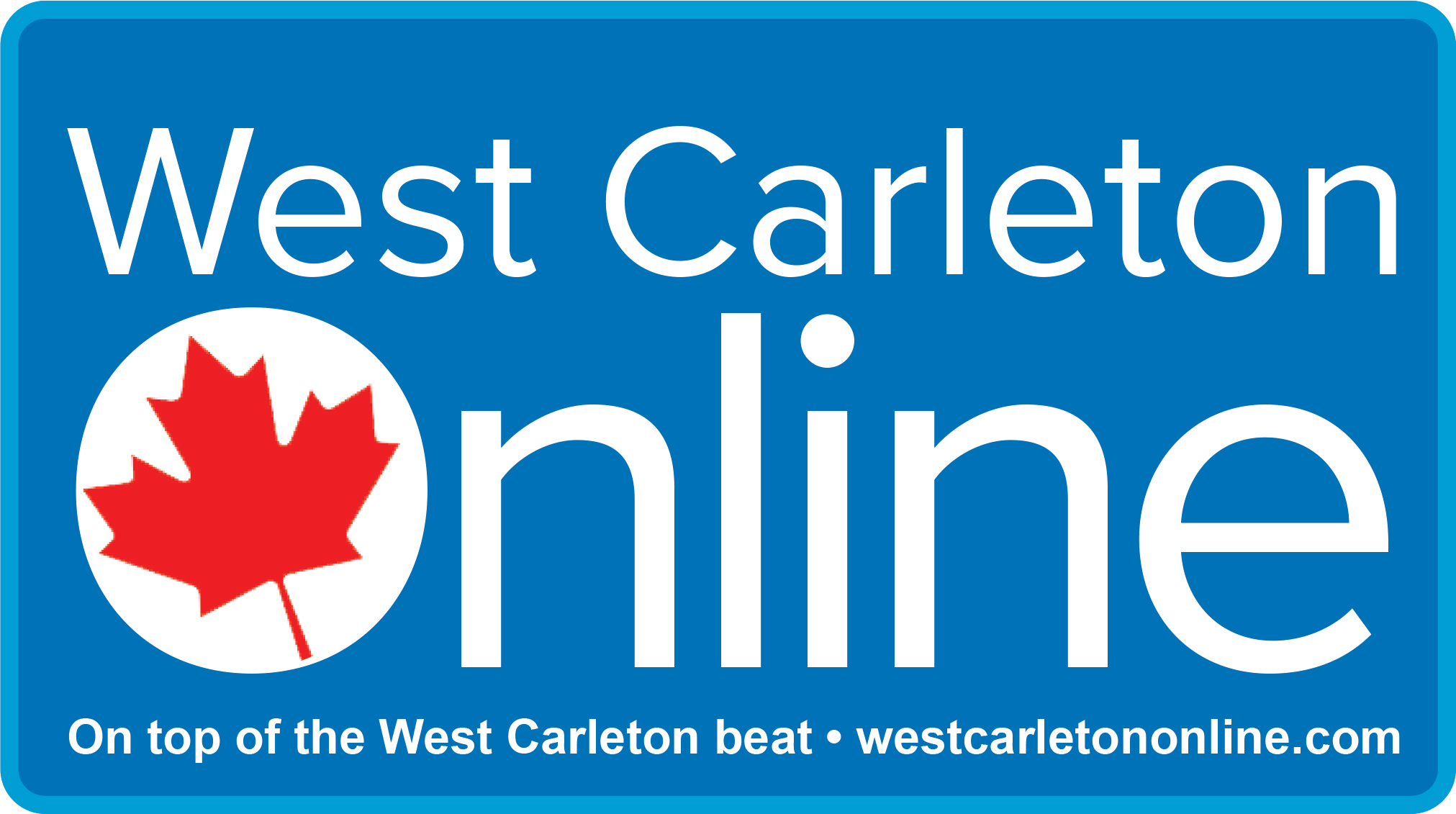Rural Ottawa youth mental health group addressing barriers
Special to WC Online
WEST CARLETON – Did you know that the City of Ottawa encompasses 26 rural villages?
In fact, Ottawa has the largest rural area of any city in Canada. Eighty per cent of the city is made up of rural area, however only ten percent of Ottawa’s population lives there.
Let’s set the scene: You’re 16 years old and you live with your family in Fitzroy Harbour, a rural community in western Ottawa with a population of about 580 people. You’re struggling with your mental health, and you decide to find out what programs and services are available to you. You call a helpline that connects people to social services, programs and community supports. The operator asks for your postal code. The operator is thrilled to hear you live in Ottawa because you’re eligible for many great programs and services. The problem is – they’re in the urban core of Ottawa. You don’t drive and there’s no bus service. Your parents are supportive, but they have full-time jobs and can’t take you to a mid-day appointment more than 50 minutes away.
This is one example of a scenario that Rural Ottawa Youth Mental Health Collective (ROYMHC) members have heard repeatedly: Ottawa has many specialized mental health programs and services, but due to Ottawa’s vast land mass there is a major disconnect between rural and urban/suburban. Local school boards have supports in rural schools, but there are limitations to accessing those services. ROYMHC members know to support rural Ottawa youth more effectively, there needs to be a dedicated community approach. A rural specific approach.
In 2018, Nicole McKerracher, executive director of the Osgoode Youth Association (and now chair of ROYMHC) brought together 13 rural youth serving agencies invested in the mental wellbeing of rural Ottawa youth (12 to 24).
“What started as a conversation turned into an action-orientated working group set out to understand and move the needle on rural Ottawa youth mental health,” ROYMHC program manager Meagan Ann Gordon said. “They became the Rural Ottawa Youth Mental Health Collective. From there, the ROYMHC set out to establish how many rural Ottawa youth were feeling supported and what types of programs and services could be offered to help them feel more supported with their mental health.”
Through robust data collection where they spoke with and surveyed youth, parents/guardians, and community stakeholders, they developed an intended impact statement: By 2024, 80 per cent of rural Ottawa youth (ages 12 to 24) will feel they are getting the mental health support they need or know where to go for help if and when they need to access support.
How are they going to do this? The ROYMHC has a five-strategy approach.
“The first strategy is connecting with rural Ottawa youth to let them know what already exists in their local rural area,” Gordon said.
They do this through a dedicated website, social media and community outreach. They also partner with CHEO’s YouthNet to do in-school presentations that combine mental health skill building with chatting about community resources available in specific rural areas and connect them to ROYMHC.
The second and third strategy are youth education and circle of support education. Both of these strategies involve community-based workshops. For youth, the ROYMHC is meeting them where they’re at and co-facilitating with local community resource centres who offer youth counselling.
Strategy four is to advocate for increased investment in rural specific programming and to promote youth mental health counselling programs in rural Ottawa communities. This also includes helping rural-serving organizations secure and design private and welcoming spaces for rural mental health counselling.
Finally, strategy five is community engagement. This involves building the capacity of existing rural serving youth organizations and working with a Youth Advisory Committee to youth voice, guidance and feedback.
“What’s next for the ROYMHC?” Gordan said. “As they continue to grow and work to achieve their intended impact, ROYMHC also working to secure additional funds to continue this important work. Until now, they have graciously been funded by Innoweave LaidLaw Foundation’s Youth CI project, but are working to secure sustainable funding.”
Are you a rural Ottawa youth or ally looking for support? Check out the website at www.ruralOttawayouth.ca, follow on Twitter (@RuralOttYouth), Facebook (Rural Ottawa Youth Mental Health Collective) or Instagram (@RuralOttawaYouth). The website hosts rural-local and virtual options.











